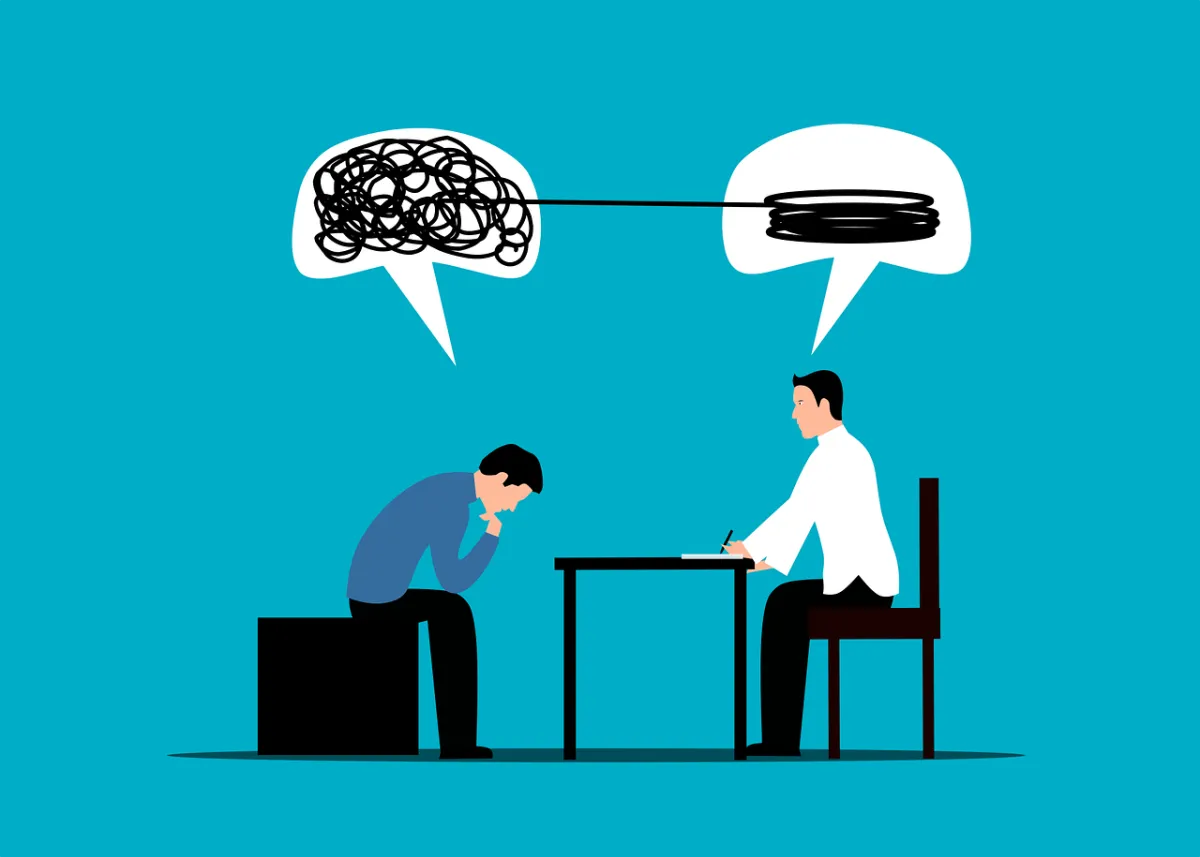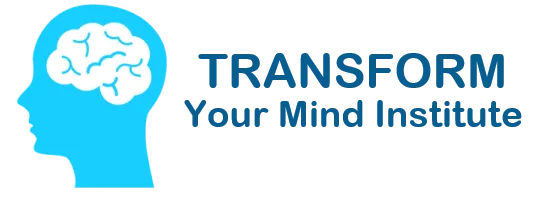
Wellness Coaching Enhanced: How Hypnosis Certification Amplifies Your Impact
Wellness Coaching Enhanced: How Hypnosis Certification Amplifies Your Impact
In the rapidly evolving landscape of wellness coaching, practitioners are constantly seeking innovative approaches to help their clients achieve breakthrough results. While traditional coaching methods provide valuable frameworks for goal-setting and accountability, many coaches are discovering that adding hypnosis certification to their professional toolkit creates an exponentially more powerful practice—one that addresses both conscious and subconscious barriers to transformation.
As someone who has witnessed firsthand the remarkable synergy between hypnosis and coaching methodologies, I can confidently say that obtaining certification as a Professional Hypnotist represents one of the most strategic investments a wellness coach can make. This integration doesn't just enhance your practice; it revolutionizes it, creating unprecedented opportunities for client breakthroughs while significantly expanding your professional reach and earning potential.
The Subconscious Factor: Why Traditional Coaching Sometimes Falls Short
Traditional wellness coaching excels at helping clients identify goals, develop action plans, and maintain accountability. However, even the most skilled coaches often encounter a frustrating phenomenon: clients who intellectually understand what they need to do but consistently struggle to implement lasting change. This gap between knowing and doing isn't a failure of willpower—it's a manifestation of subconscious programming that operates beneath conscious awareness.
Research in neuroscience reveals that approximately 95% of our thoughts, emotions, and behaviors are controlled by the subconscious mind. This means that while your conscious coaching conversations address the 5% of mental activity that clients are aware of, the remaining 95%—which includes deeply ingrained habits, limiting beliefs, emotional patterns, and automatic responses—continues to operate unchallenged.
This is where hypnosis becomes transformational. As a certified hypnotist, you gain direct access to the subconscious mind, enabling you to help clients reprogram limiting beliefs at their source, install empowering suggestions, and create lasting change at the deepest level of human psychology.
Benefits of Integrating Hypnosis into Wellness Coaching
Accelerated Breakthrough Results
When you combine coaching with hypnosis, you're addressing transformation on multiple levels simultaneously. While coaching engages the analytical mind in problem-solving and goal-setting,
hypnosis works directly with the subconscious to remove internal resistance and install new patterns of thinking and behavior.
Clients who might typically require months of traditional coaching to overcome limiting beliefs can experience profound shifts in just a few hypnosis-enhanced sessions. This acceleration occurs because hypnosis bypasses the critical faculty—the mental filter that often resists change—allowing positive suggestions to be accepted and integrated more readily.
Enhanced Client Compliance and Motivation
One of the biggest challenges in wellness coaching is maintaining client motivation between sessions. Hypnosis provides a powerful solution by helping clients develop intrinsic motivation and unconscious commitment to their goals. Through carefully crafted hypnotic suggestions, you can help clients feel genuinely excited about healthy behaviors, naturally crave nutritious foods, or automatically prioritize self-care activities.
Post-hypnotic suggestions can be particularly effective for maintaining momentum. For example, you might suggest that each time a client sees their reflection, they automatically feel proud of their commitment to health, or that they naturally wake up each morning feeling energized and motivated to exercise.
Deeper Emotional Processing and Healing
Many wellness challenges are rooted in unresolved emotional issues—past traumas, relationship wounds, or childhood experiences that created limiting beliefs about self-worth or capability. While coaching can help clients recognize these patterns, hypnosis provides the therapeutic depth needed to process and heal emotional wounds at their source.
Through techniques like regression therapy, inner child work, and emotional release protocols, hypnosis allows clients to safely revisit and reframe past experiences, freeing themselves from emotional baggage that may have been sabotaging their wellness efforts for years.
Customized Subconscious Programming
Every client comes with unique challenges, goals, and psychological patterns. Hypnosis allows you to create highly customized interventions that speak directly to each individual's subconscious mind. Whether a client needs help with stress management, weight loss, smoking cessation, confidence building, or habit formation, you can craft specific hypnotic experiences that address their exact needs.
This level of customization extends to utilizing clients' preferred learning styles, personal values, and motivational drivers within the hypnotic framework, making the experience more powerful and personally relevant.
Expanded Service Offerings and Revenue Streams
From a business perspective, hypnosis certification dramatically expands your service offerings and revenue potential. You can offer specialized hypnosis sessions for specific issues, create group hypnosis programs, develop guided hypnosis recordings, or package hypnosis with existing coaching services at premium rates.
Many certified hypnotist-coaches report being able to charge 50-100% more for their integrated services compared to traditional coaching alone, while also experiencing higher client satisfaction and referral rates.
Tips for Incorporating Hypnosis Seamlessly
Start with Proper Training and Certification
Investing in comprehensive hypnosis training is essential for both ethical practice and effective results .Look for certification programs that include extensive hands-on practice, supervision, and ongoing education opportunities. Reputable organizations provide thorough training in both the technical aspects of hypnosis and the ethical considerations essential for professional practice.
Your certification should cover various hypnotic techniques, understanding of psychological principles, contraindications and safety protocols, and business practices specific to hypnosis services. This foundation ensures you can integrate hypnosis confidently and competently into your coaching practice.
Begin with Simple Integrations
Rather than completely overhauling your practice immediately, start by incorporating simple hypnotic elements into your existing coaching sessions. Begin with basic relaxation inductions, guided visualizations, and positive affirmations delivered in a hypnotic style.
Many coaches find success starting with brief relaxation segments at the beginning of sessions to help clients access a more receptive state for coaching conversations. As you become more comfortable with hypnotic techniques, you can gradually incorporate more sophisticated interventions.
Create Specialized Hypno-Coaching Packages
Develop specific service packages that clearly combine coaching and hypnosis elements. For example, you might offer a "Breakthrough Weight Loss Program" that includes traditional coaching sessions, customized hypnosis sessions, and guided self-hypnosis recordings for home practice.
This packaging approach helps clients understand the value of the integrated approach while allowing you to command premium pricing for your enhanced services. It also positions you as a specialist rather than just another coach in a crowded marketplace.
Develop Your Unique Integration Style
Every practitioner develops their own style of integrating hypnosis with coaching. Some prefer to conduct separate hypnosis and coaching sessions, while others seamlessly blend both approaches within single sessions. Experiment with different approaches to discover what feels most natural for you and most effective for your clients.
Consider your personality, communication style, and client preferences when developing your integration approach. Some coaches become known for their gentle, nurturing hypnotic style, while others develop a reputation for direct, powerful interventions.
Invest in Quality Equipment and Environment
Creating the right environment for hypnosis is crucial for effectiveness. Invest in comfortable seating, appropriate lighting controls, and high-quality audio equipment if you plan to use recorded elements. Ensure your space is private, quiet, and free from interruptions.
Consider offering both in-person and virtual hypnosis sessions, as many techniques can be effectively delivered online. This flexibility expands your potential client base and provides additional convenience for existing clients.
Continuous Education and Skill Development
The field of hypnosis is constantly evolving, with new techniques and applications being developed regularly. Commit to ongoing education through advanced workshops, peer consultation groups, and professional conferences.
Stay current with research in neuroscience, psychology, and coaching to ensure your integrated approach reflects the latest understanding of how transformation occurs. This commitment to excellence will set you apart as a true professional in your field.
The Win-Win Transformation
The integration of hypnosis certification into wellness coaching creates genuine win-win scenarios that benefit both practitioners and clients in profound ways.
For clients, this integration means faster results, deeper transformation, and more sustainable change. They gain access to the full spectrum of human psychology rather than just conscious-level interventions. The result is often breakthrough experiences that seemed impossible through traditional coaching alone.
For coaches, hypnosis certification represents a quantum leap in professional capability and business potential. You become equipped to help clients with issues that previously might have required referral to other professionals. Your success rate improves dramatically, leading to increased client satisfaction, referrals, and professional reputation.
The financial benefits are equally compelling. Certified hypnotist-coaches typically command higher fees, enjoy more consistent client retention, and have access to diverse revenue streams. The specialization also provides protection against market saturation, as relatively few coaches have invested incomprehensive hypnosis training.
Perhaps most importantly, the integration allows you to fulfill your deepest purpose as a helping professional. When you can consistently help clients achieve transformations that seemed impossible, when you can free people from limitations that have constrained them for years, when you can be part of genuine life-changing breakthroughs—that's when coaching becomes not just a career, but a calling.
The combination of coaching and hypnosis represents the future of transformation work. As our understanding of the mind-body connection deepens and clients become more sophisticated in their expectations, practitioners who can work effectively with both conscious and subconscious aspects of change will increasingly become the gold standard in the wellness industry.
Your decision to pursue hypnosis certification as a complement to your coaching practice isn't just an investment in additional skills—it's a commitment to becoming the most effective change agent you can be. For your clients, for your business, and for your own professional fulfillment, this integration represents an opportunity to amplify your impact in ways that will transform not just individual lives, but potentially entire communities through the ripple effects of profound personal transformation.
The question isn't whether integrating hypnosis will enhance your coaching practice—it's whether you're ready to step into the expanded version of yourself that this powerful combination makes possible.
© 2023-2026 TRANSFORM Your Mind Institute - All Rights Reserved






